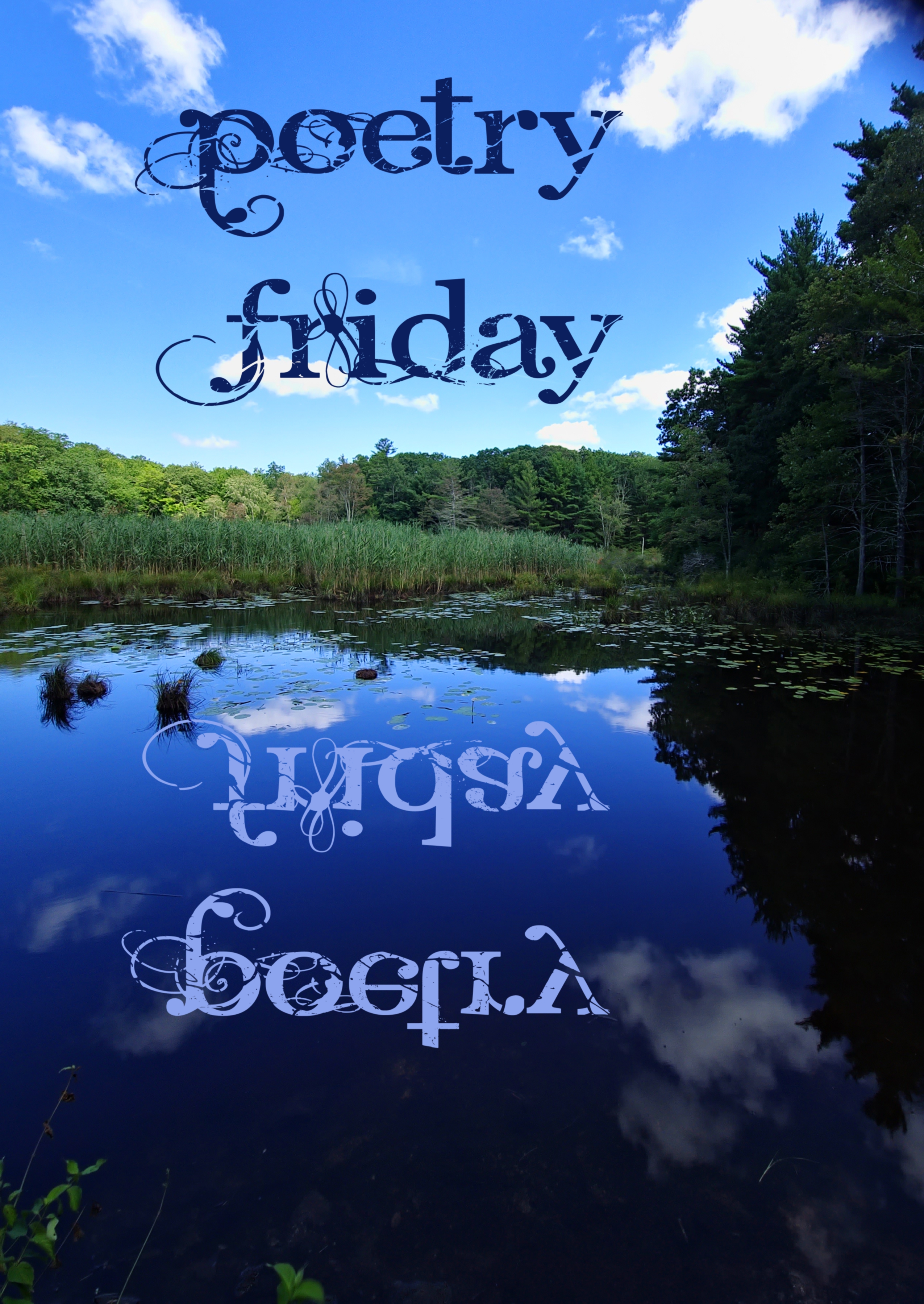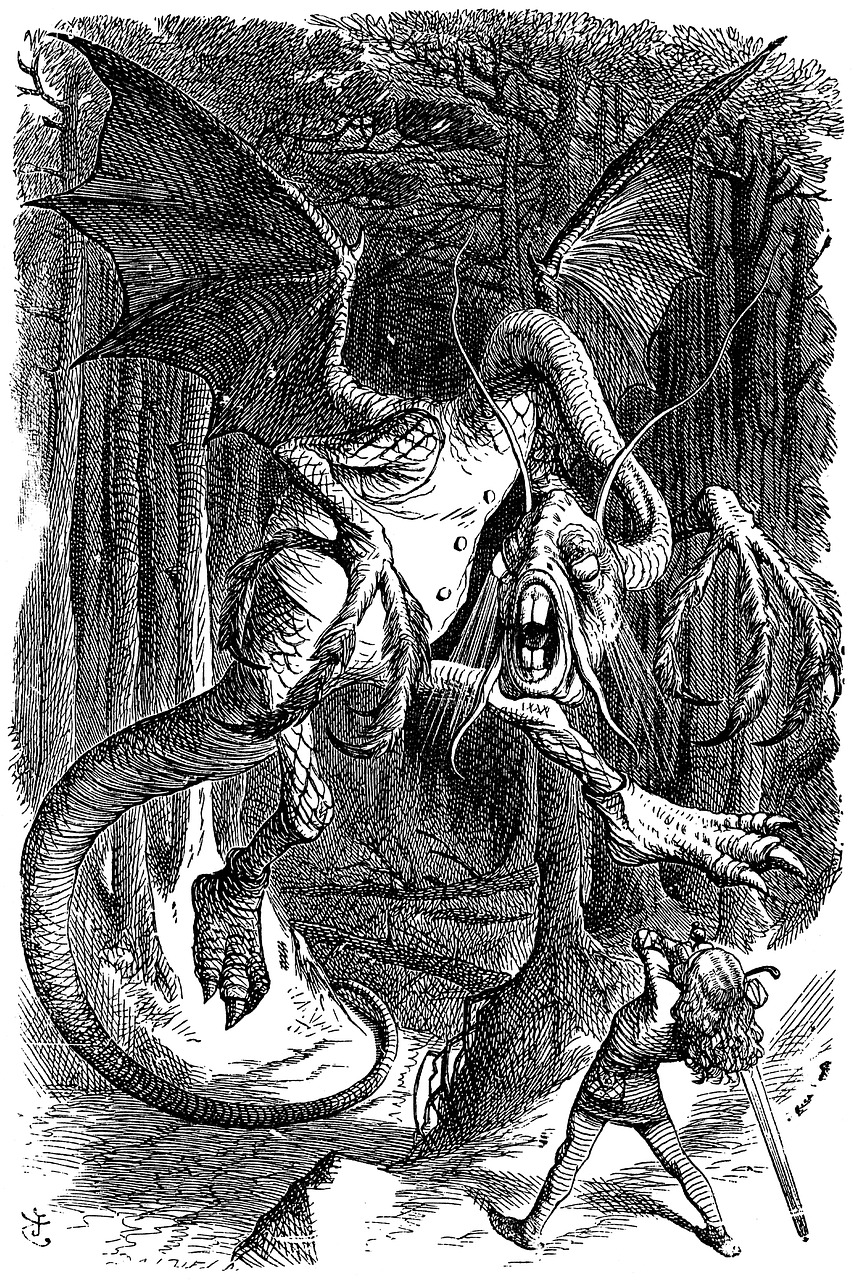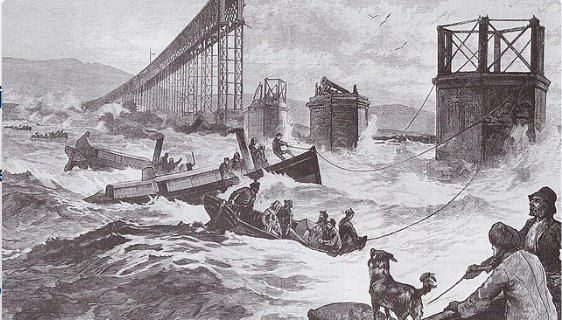Happy Poetry Friday!

Thank you to Bridget at wee words for wee ones for hosting this week’s roundup, where you will find a dance party going down!
This week, I was playing around with sounds and meter in an attempt to come up with a nonsense poem, and I wondered …
- What makes something nonsense verse?
- Who are the most well-known nonsense poets?
- Is there a poet who was well-known, but so terrible at writing poetry that people considered his/her work to be nonsense?
Let's discuss!
After poking around, it became clear to me that there are different interpretations of what qualifies as nonsense verse. I found multiple descriptions:
- Comical rhyming poetry (in general),
- Silly rhyming verse where some of the content doesn’t make sense, such as many nursery rhymes (e.g. Hey-Diddle-Diddle), and
- Verse where most of the words are made up, and although the overall construct sounds right to the ear, the verse may or may not make sense literally.
In other words, there seems to be a spectrum of nonsense verse ranging from:
Humorous Verse ------------------------------------------------- Jibberish with rhyme and meter
Edward Lear, Lewis Carroll, Mervyn Peake, Edward Gorey, Colin West, Dr. Seuss, and Spike Milligan are all listed by Wikipedia as well-known nonsense verse writers. You may have heard of them all, but if you’d like a refresher, this article has poetry samples from most of them.

sketch by Edward Lear
This brings me to Lewis Carroll. “Jabberwocky” is what started me thinking about nonsense. Alice in Wonderland and Through the Looking Glass pack a whole lot of nonsense, and on the surface, “Jabberwocky” sounds like total nonsense. Here is the first stanza:
‘Twas brillig, and the slithy toves
Did gyre and gimble in the wabe:
All mimsy were the borogoves,
And the mome raths outgrabe.

The Jabberwock, illustrated by John Tenniel, 1871
To me, Jabberwocky, feels like reading words in another language. When strung together, the words feel like they should make sense. It has a satisfying mouthfeel and flow. One senses that there is a story line just beyond reach, and indeed there is. Upon closer inspection, many of the words are blends of two words (portmanteaus), and the story seems to follow a typical hero’s journey. For an analysis of the poem, look here. For my taste, nonsense needs to flow and make enough sense to not be completely frustrating.
On to my last question: who is widely regarded as the worst poet of all time? Several internet articles give that inauspicious honor to William Topaz McGonagall. How does one become the worst poet? Well, in McGonagall’s case, he wrote a poem about a bridge collapse and train wreck called “The Tay Bridge Disaster” (and other similarly-crafted works).

Tay Bridge Disaster, a contemporary rendition, Wikipedia
“The Tay Bridge Disaster” by William McGonagall starts:
Beautiful Railway Bridge of the Silv’ry Tay!
Alas! I am very sorry to say
That ninety lives have been taken away
On the last Sabbath day of 1879,
Which will be remember’d for a very long time.
‘Twas about seven o’clock at night,
And the wind it blew with all its might,
And the rain came pouring down,
And the dark clouds seem’d to frown,
And the Demon of the air seem’d to say-
“I’ll blow down the Bridge of Tay.”
When the train left Edinburgh
The passengers’ hearts were light and felt no sorrow,
But Boreas blew a terrific gale,
Which made their hearts for to quail,
And many of the passengers with fear did say-
“I hope God will send us safe across the Bridge of Tay.”
If you feel so inclined, you can read the rest of the poem here and more about McGonagall here. I like the article’s reference to his “ill-advised imagery.”
All of the above, led me to write the following …
The Lonestie Wolfree and the Fervile Fletch
A lonestie wolfree hibbed by the swersh,
and foofed per dreebs devay.
She vonged for a titch and a frick-frack-frock,
but her bargle strowed reblay.
One day, she gloamed on a fervile fletch,
and beesh she mooged him sown.
Her mooging varged on the mincey fletch
and tetch belarved him floan.
Yes, agreed – utter nonsense!

Incidentally, your link in the Mr Linky took me to one of your older posts. I'm not sure if you can edit it, but hopefully others will figure it out, like I did.
Sally
(btw your redirect worked :)
This is my type of post! Informational but also fun and inspiring! I love the line of your poem,
"She vonged for a titch and a frick-frack-frock,"
And realized that maybe I like it because not all the words are nonsense and this helps me with context.
I also like the poem of the "worst" poet -William McGonagall. His words make sense and rhyme. I wonder why sometimes this is acceptable and other times, it's not.
Thanks for this enjoyable post!
Carol
Fun poem!
And I also know to whom I will turn when in need of nonsense words!
Well done, Tracey!
Yes! I agree that reading aloud helps a lot in making sense of nonsense poetry (if possible!). Thank you for your kind thoughts!